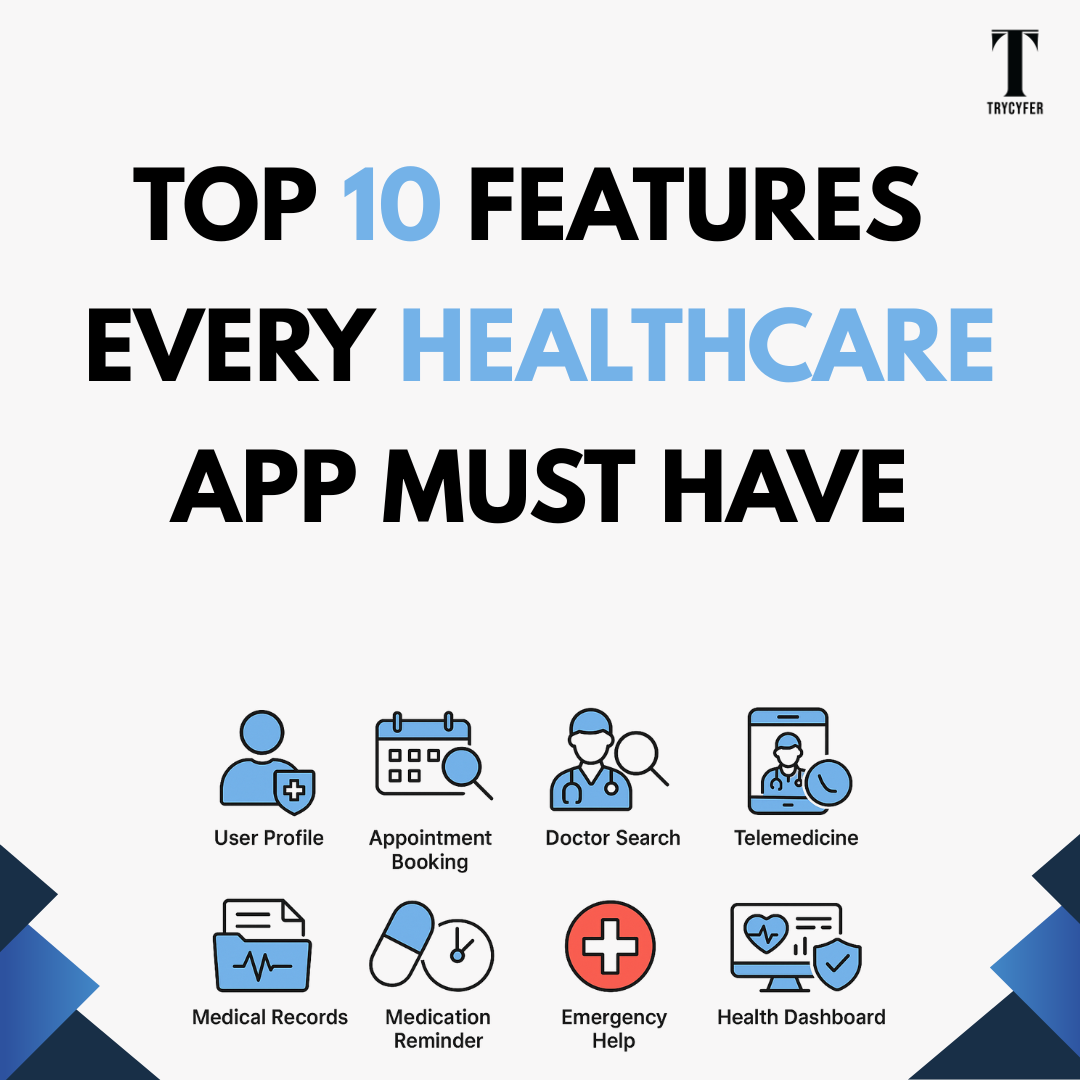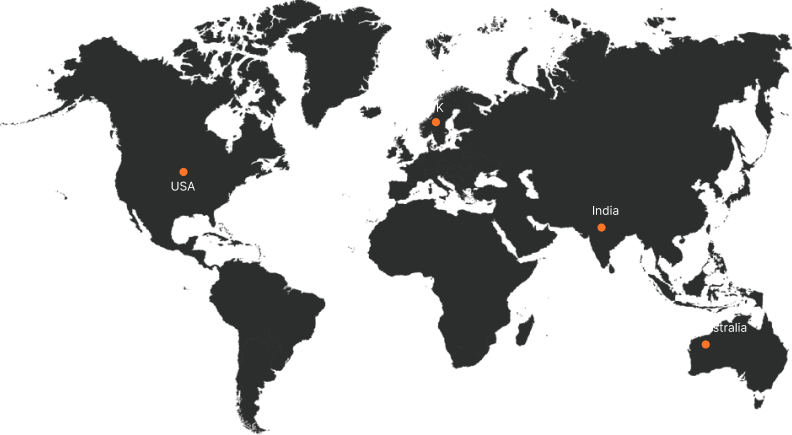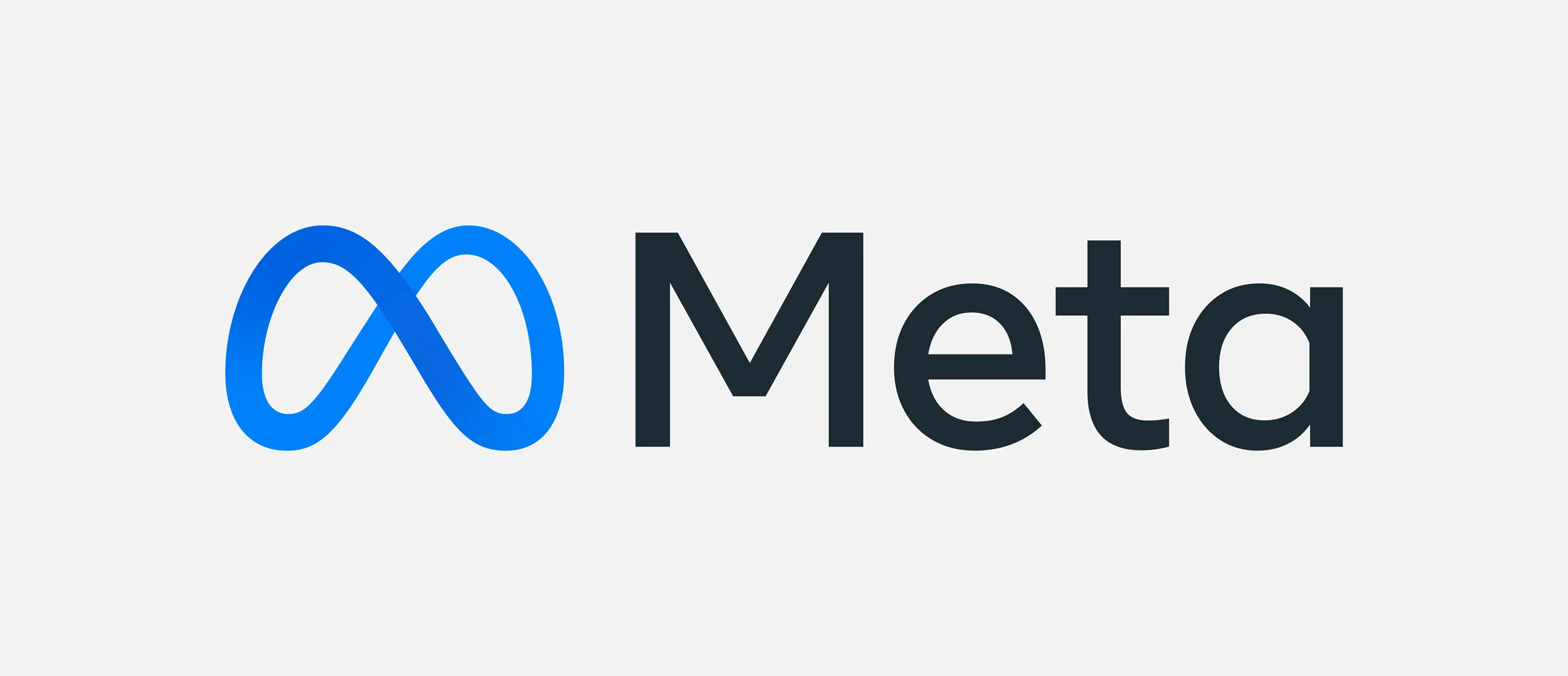Top 10 Features Every Healthcare App Must Have

The world of healthcare app development is rapidly evolving, with patients and providers expecting seamless, secure, and user-friendly digital experiences. Whether you’re building a telemedicine platform, a wellness tracker, or a hospital management tool, certain features are indispensable for success. Here are the top 10 features every healthcare app must have to meet industry standards, ensure compliance, and deliver real value to users.
1. User Registration and Secure Login
A robust user registration and secure login system is the foundation of any healthcare app. Patients and providers must be able to create accounts easily, using email, phone number, or social logins. Security is paramount, so multi-factor authentication and encrypted password storage are essential. This feature protects sensitive health data and builds user trust from the very first interaction.
2. Personalized User Profiles
Personalized user profiles allow patients and doctors to manage their information in one place. Patients can update medical histories, allergies, medications, and emergency contacts, while providers can access credentials, specialties, and availability. Customizable profiles enhance user engagement and enable tailored healthcare recommendations.
3. Appointment Scheduling and Management
Efficient appointment scheduling and management is crucial in healthcare app development. Users should be able to book, reschedule, or cancel appointments with just a few taps. Integration with calendar apps, automated reminders, and real-time availability of providers minimize no-shows and streamline the patient journey.
Read more: How to Add Music to Instagram Post
4. Telemedicine and Video Consultation
The rise of remote care makes telemedicine and video consultation capabilities a must-have. This feature enables patients to connect with healthcare professionals through secure, high-quality video or audio calls. It should support screen sharing, file uploads, and real-time chat for a comprehensive virtual visit experience.
5. E-Prescriptions and Medication Tracking
E-prescriptions and medication tracking simplify the process of issuing, managing, and renewing prescriptions. Doctors can send prescriptions directly to patients or pharmacies, while users can set reminders, track medication intake, and receive alerts for refills. This reduces errors and improves medication adherence.
6. Health Data Integration and Wearable Sync
Modern healthcare apps should support health data integration and wearable sync to provide a holistic view of a patient’s well-being. Integration with devices like fitness trackers, smartwatches, and medical equipment enables real-time monitoring of vitals such as heart rate, blood pressure, glucose levels, and activity. This data can be shared with providers for more informed care.
Read more: Why My Business is Not Showing in Google
7. Secure Messaging and Communication
Secure messaging and communication features allow patients and providers to exchange information safely and efficiently. Encrypted chat, file sharing, and push notifications ensure that sensitive medical data remains confidential while enabling timely communication for follow-ups, clarifications, or emergencies.
8. Comprehensive Health Records and History
Access to comprehensive health records and history is fundamental for informed decision-making. Users should be able to view lab results, imaging reports, diagnoses, previous consultations, and treatment plans in one place. This central repository empowers patients and streamlines provider workflows.
9. Push Notifications and Reminders
Push notifications and reminders keep users engaged and informed. Whether it’s appointment confirmations, medication schedules, test results, or health tips, timely alerts ensure users never miss important updates. Customizable notification settings allow users to control how and when they receive information.
10. Regulatory Compliance and Data Security
No healthcare app is complete without robust regulatory compliance and data security measures. Compliance with regulations such as HIPAA, GDPR, or local health data laws is non-negotiable. Features like end-to-end encryption, secure cloud storage, audit trails, and regular security audits protect user data and maintain trust.
Read more: How to Delete Pins From Pinterest
Bonus Features to Enhance User Experience
While the top 10 features are essential, consider adding these bonus features to make your app stand out:
- AI-powered symptom checker: Helps users assess symptoms and get preliminary advice.
- Multi-language support: Increases accessibility for diverse user groups.
- Payment integration: Enables secure billing for consultations, tests, or subscriptions.
- In-app feedback and ratings: Allows users to share their experiences and helps providers improve services.
- Educational resources: Provides articles, videos, and FAQs to empower users with health knowledge.
Why These Features Matter in Healthcare App Development
The success of any healthcare app development project hinges on balancing user convenience, clinical accuracy, and regulatory requirements. Features like secure login, telemedicine, and health data integration are now industry standards, while compliance and data security are critical for legal and ethical reasons. By prioritizing these features, developers can create apps that not only meet user expectations but also improve health outcomes and operational efficiency.
Final Thoughts
Building a healthcare app is about more than just coding—it’s about understanding the unique needs of patients, providers, and the healthcare ecosystem. By incorporating these top 10 features into your healthcare app development project, you lay the groundwork for a secure, user-friendly, and impactful digital health solution. As the industry continues to evolve, staying ahead with innovative features and a patient-centric approach will ensure your app remains relevant and trusted in the years to come.
Read more: How To Change Username In Facebook











